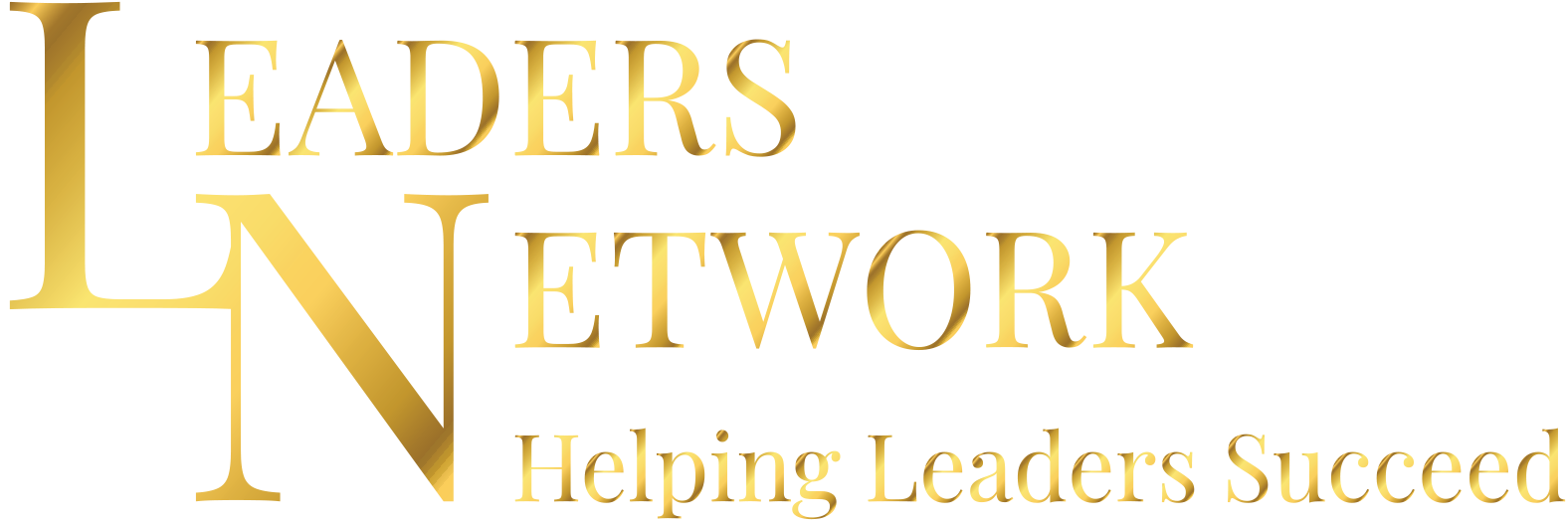Do You Know Your Decision Making Style?
We make decisions every day, and they all have consequences. Sometimes, these consequences are significant, and other times, not so much.

However, do you know what type of decision-maker you are? Human behaviour is complex because we are all multi-layered. When we are born, we have gifts that come with our genetic makeup and circumstances. We have bodies and personalities of certain types, and the wondrous complexity of being human informs our psychological makeup.
Getting to know ourselves matters a lot, which is why lifelong learning and personal development are so important. We can travel through life never understanding why we do what we do, or we can be prepared to go on the journey to discover more, learn more and think more about what can be, how we can be, and why we want to be who we have the potential to become.
If you ask yourself, “What is my most valuable asset?” What answer would you give yourself? I always used to say it was time, and because of this belief, I learned that how I manage myself is how I can manage the time I have available to achieve all that I want to in life, with business, family, and friends. Then I came to realise it is not time but energy. What type of energy I have influenced how I can manage myself to get the most out of the 24 hours of each day. The phrase 'time flies' is common; many people bemoan that they lack time. We all have the same amount of time, and it simply comes down to the decisions we make about how we spend our time that make the difference. Hence, the importance of making great decisions and how we do this is influenced by our psychological makeup because of our energy type.
Learning to access, harness, and manage our energy is a crucial life skill. Energy is not something outside of ourselves but within us and self-generated. Our behavioural type influences how our energy levels perform within different environments. For example, as a business owner or leader, have you sometimes found it difficult to decide on the actions required to achieve a particular goal, or do you make decisions like this easily and proactively? Do you second guess yourself and want all the details before you make a decision, or are you willing to have a go, do your best and take the calculated wins with the mistakes? How you have behaved in these types of examples is because of your behavioural energy type. Many business leaders are drained and exhausted from planning or goal setting as it requires unnatural energy and an effort to do the details. This is the power of energy types.
Most of us know that much work has been done and information provided over the past decades on personality and behavioural types; however, on a macro level, we have four types. There are many more than four types on earth; however, all will be significantly influenced by one or more of these four types. The good news is that less than 1% of us have only one behavioural type, with most of us being a combination of two or three styles. As Carl Jung stated, "Until you make the unconscious conscious, it will direct your life, and you will call it fate."
By becoming aware of each behavioural energy style and the different decision-making strategies, we will more effectively make the unconscious conscious. Most of us are unaware of these decision-making strategies and how our natural energy styles influence them. It is also worth noting that there are no good or bad energy profiles; they are just different.
So, what are these different energy types? They are all based on DISC, which stands for Dominant, Influence, Steadiness, and Compliance. When we understand our DISC behavioural profile, we will better understand how we make decisions based on our energy type. Knowing your DISC Profile will also greatly enhance your
communication skills to influence outcomes and inspire others.
The first type is the 'D' energy, which is Dominant. This type of energy is the highest level, and they want to win. They are outcome-driven, have strong egos, get things done and value efficiency, effectiveness, and challenge. Their energy levels are elevated in a fast-paced environment focused on a goal with a clear outcome, and they thrive on challenges. Their energy levels drop when presented with too much detail, process, and steps. They rarely let anything or anyone get in their way. They are the fastest decision maker of all the types. Their decision-making strategy is automatic with outcome-based criteria. In other words, they decide immediately once their outcome-based criteria have been met. For example, they will set goals with clear outcomes and are driven to achieve them. However, they are less concerned about creating a plan to achieve the goal and would prefer someone else to develop the details so they can lead others to achieve the outcome. When the plan shows criteria for achieving the outcome, they will decide easily to proceed without hesitation.
The second type is the 'I' energy, which is Influence. This type has a similar decision-making strategy in that they are automatic, however, with connection-based criteria. This means they will decide based on who is involved, who is affected, and who can be connected with them to achieve the outcome. This is because they want to achieve results but want to be liked, bringing people on the journey. This is the second highest energy level, and they are journey-orientated, flexible, adaptable and love connection for connection’s sake. The influence energy goes up when mixing with many people simultaneously, and their energy drops when they spend too much time alone. They are more social, like to have fun and thrive on connection. They are fast decision makers if all involved are on board as they do not like dissension in the team and prefer to make decisions based on all agreeing. They can influence and inspire others to want to achieve. Continuing the example of achieving goals, they will set them and then group people together to collaborate, empower and influence an effective plan to achieve the goal. The decision to proceed is easy for them to make with all on board, and the party begins. This is a different decision-making strategy to the D energy; however, it can achieve the same outcome.
The third type is 'S' energy, which is Steadiness. This energy is generally slower when making decisions and is known as a 'period of time convincer'. They need time to reflect on how they feel about a decision they are about to make. This type wants to be comfortable, does not like change, loves to be with people, though prefers one-to-one relationships. They have a poor relationship with uncertainty; energy can drop when facing change. Their energy goes up when they empathetically listen to someone and know they are being listened to. They are least likely to speak up in a group environment, preferring to listen to what others say, and do not like being singled out. Using the example of planning, they like to have support to be able to articulate their goals and develop their plans and then once they have clarity on what needs to happen, they will make their decision to move forward because they have taken the time to be clear on what is needed, which meets their need for certainty and security. The S energy can drive the D energy crazy with how slow they can be; however, they value the steadiness of their approach to getting things done.
The fourth type is 'C', which is Compliance. This energy is the lowest and slowest decision-maker. They want to be right and have the most detailed and analytical decision-making strategy as a 'number of times convincer'. This number of times can be at least three and up to five times, where they may follow up to get more detail 3-4 times before they decide. They require precision and are very detailed in their intellect. The compliance energy goes up when working on a project alone, requiring a specialised skill set, and they can work in isolation all day with no energy drop—by contrast, being with people for too long drops their energy. When it comes to planning in business, they will want to analyse the numbers before setting the goals, comparing to previous data, as they are past-focused and will tend to want to do what makes sense. Once they have the data, they will set the goals and develop a plan to make it happen. They will then follow the plan meticulously and bring it to fruition in the safe, analytical way they have created.
Creating awareness of your decision-making strategies as a leader in business (and in life) is invaluable. This awareness is particularly powerful when your DISC profile combines two or three energy types; however, be aware that one energy will be the captain and have the most influence. The other energies evident in a profile will influence the most natural decision-making criteria; however, they can also be leaned into to bring conscious awareness to the strategies required in any decision-making situation.
The Coaches at Leaders Network are DISC Profile Accredited Consultants, so if you want to understand your DISC profile, book a
complimentary strategy session, and we will connect.





